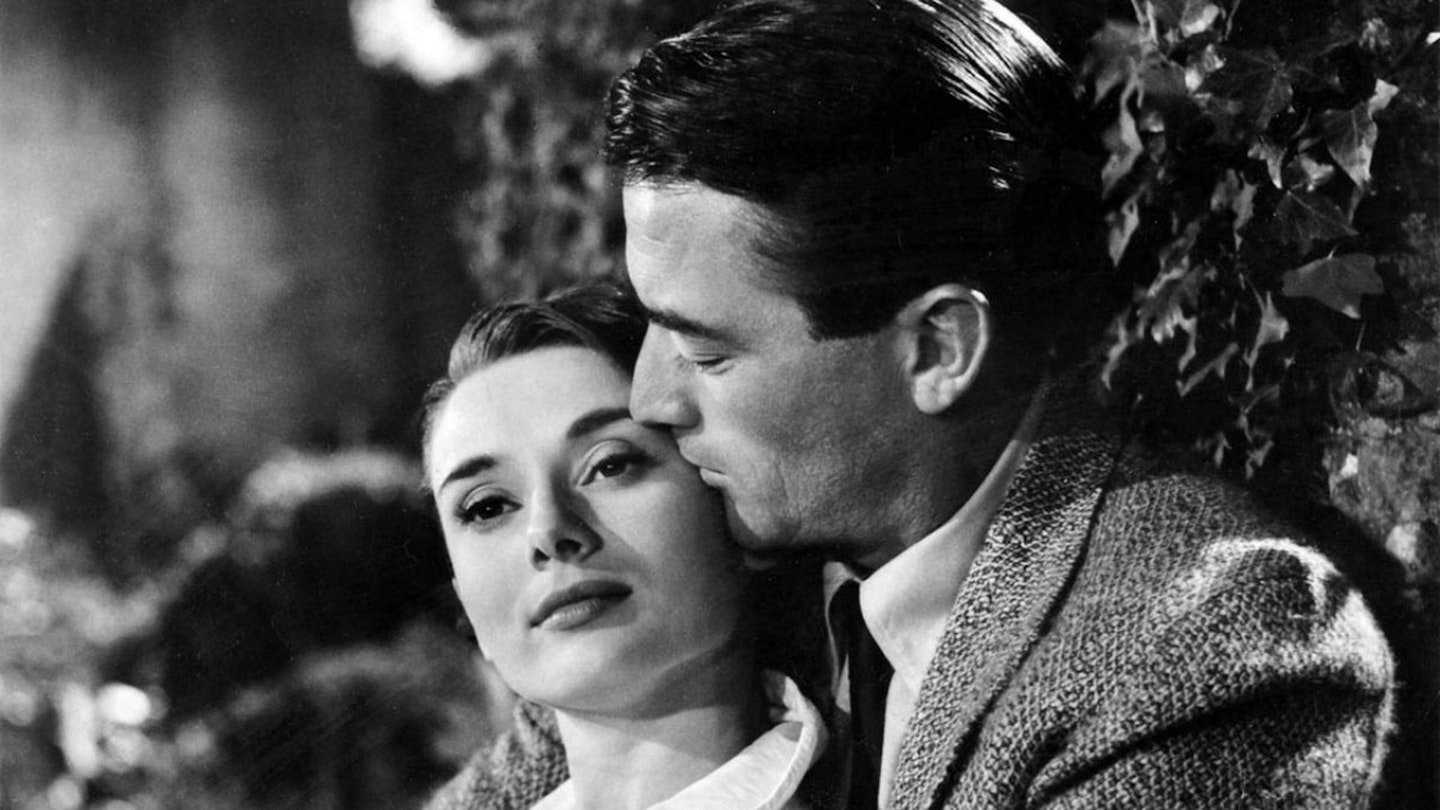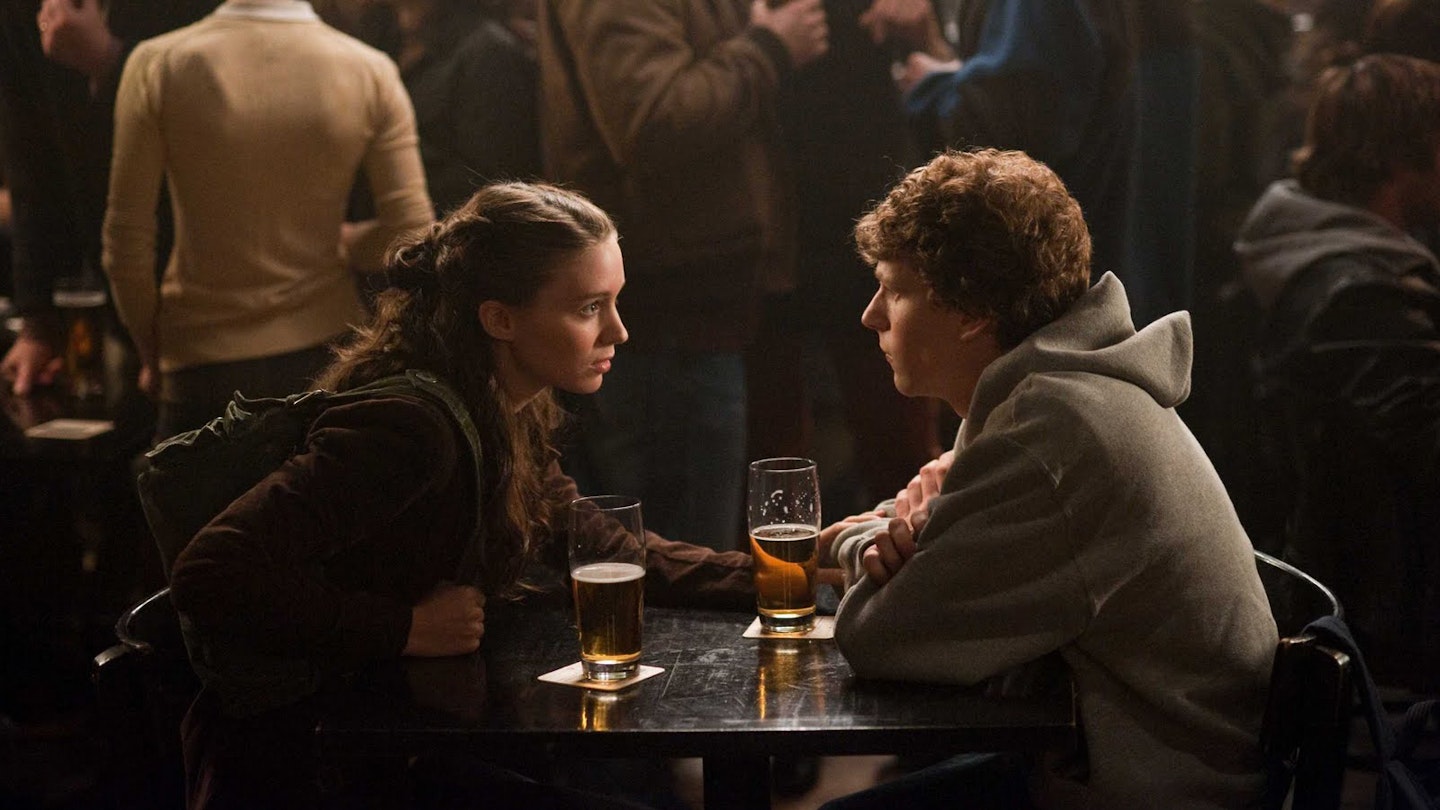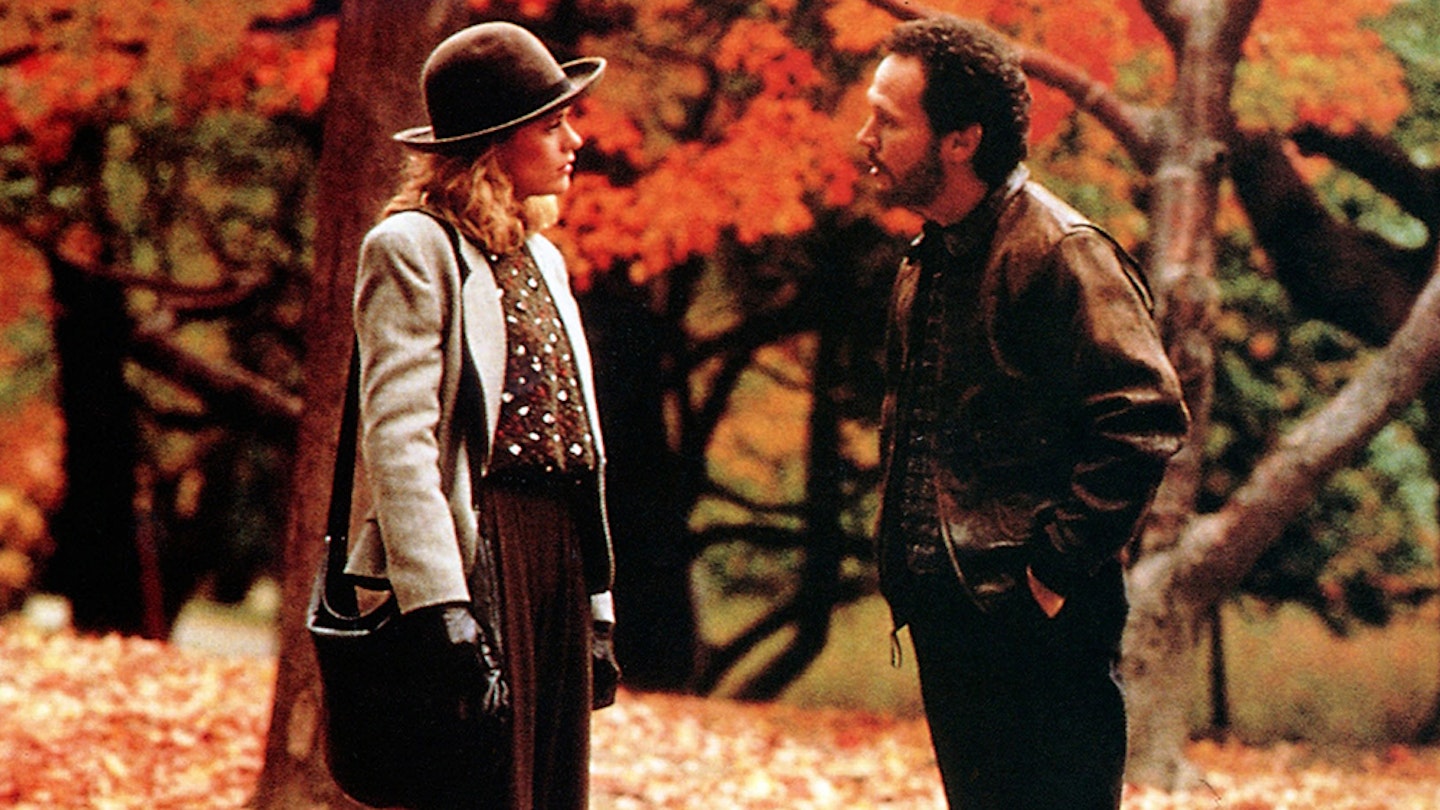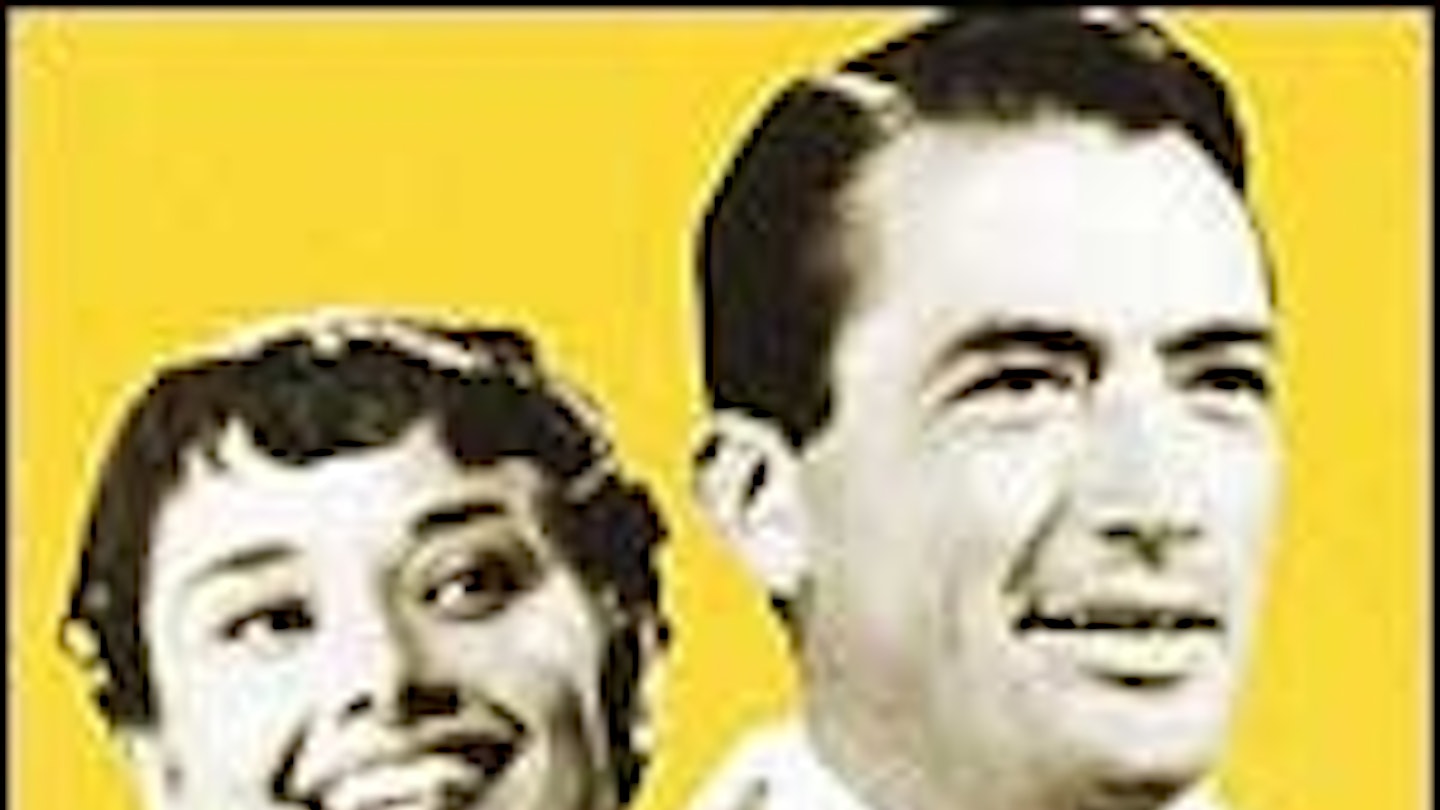A good deal of opportunistic pragmatism lay behind the production of this charming inversion of the Cinderella story. When Dalton Trumbo was blacklisted as part of the Hollywood Ten, Ian McLellan Hunter agreed to act as a front for his story idea, which was optioned by Frank Capra, who hoped to cast Cary Grant and Elizabeth Taylor in what amounted to a variation on his multi-Oscar-winning screwball, It Happened One Night. However, financial problems at his Liberty Films company forced him to sell the property to Paramount, where a combination of political timidity (on Capra's discovering Trumbo's involvement) and a tight budget prompted him to withdraw.
After George Stevens passed, the project was offered to William Wyler, who was not only glad to make his first comedy since the mid-1930s, but was also keen to work abroad in order to exploit a tax loophole. Paramount similarly saw the advantages of a runaway production (as it had assets frozen in Italy), while Gregory Peck, who had initially been reluctant to star opposite a newcomer, recognised the value of lightening his image. Even Audrey Hepburn - who had been chosen over Jean Simmons and Suzanne Cloutier, despite the fact that none of her seven European screen roles had amounted to much - realised this was her big chance to follow up her stage success in Gigi.
However, the cynicism and hard-nosed business sense that had shaped Roman Holiday's genesis evaporated once shooting began. Wyler was as enchanted with Hepburn as he was with his glorious locations and, while he indulged his usual passion for retakes, he allowed more improvisation than usual and was rewarded with a film of such freewheeling spontaneity that it became one of Hollywood's biggest international hits of the decade. It also landed 10 Oscar nominations and became such a firm favourite of John F. Kennedy that he watched it as a pressure release at the height of the Cuban Missile Crisis and the Soviets capitulated the next day.
Witty, warm and beautifully filmed by Franz Planer and Henri Alekan, it remains an unabashed romantic delight, with Hepburn particularly luminescent.



